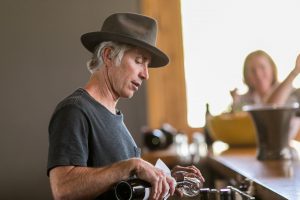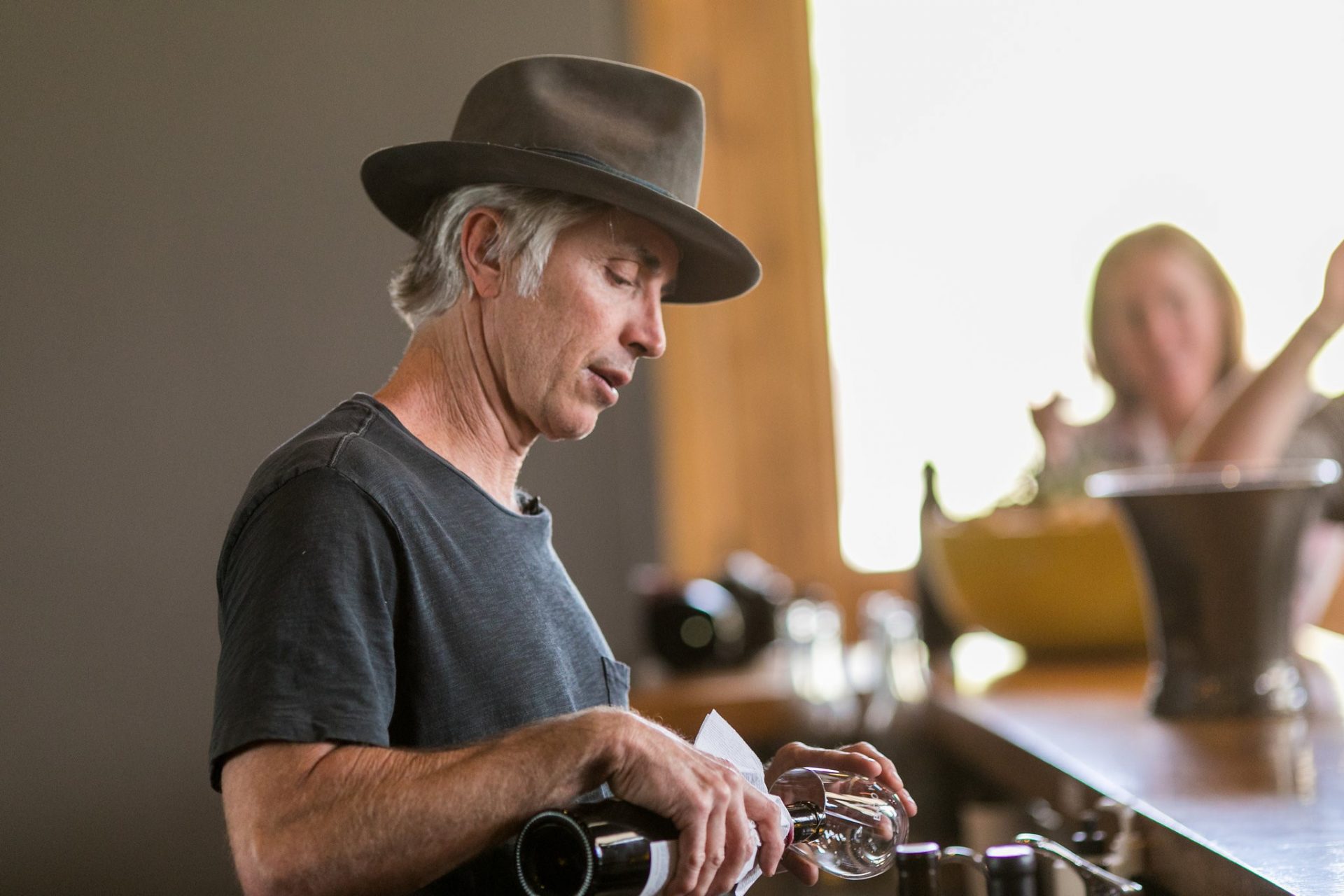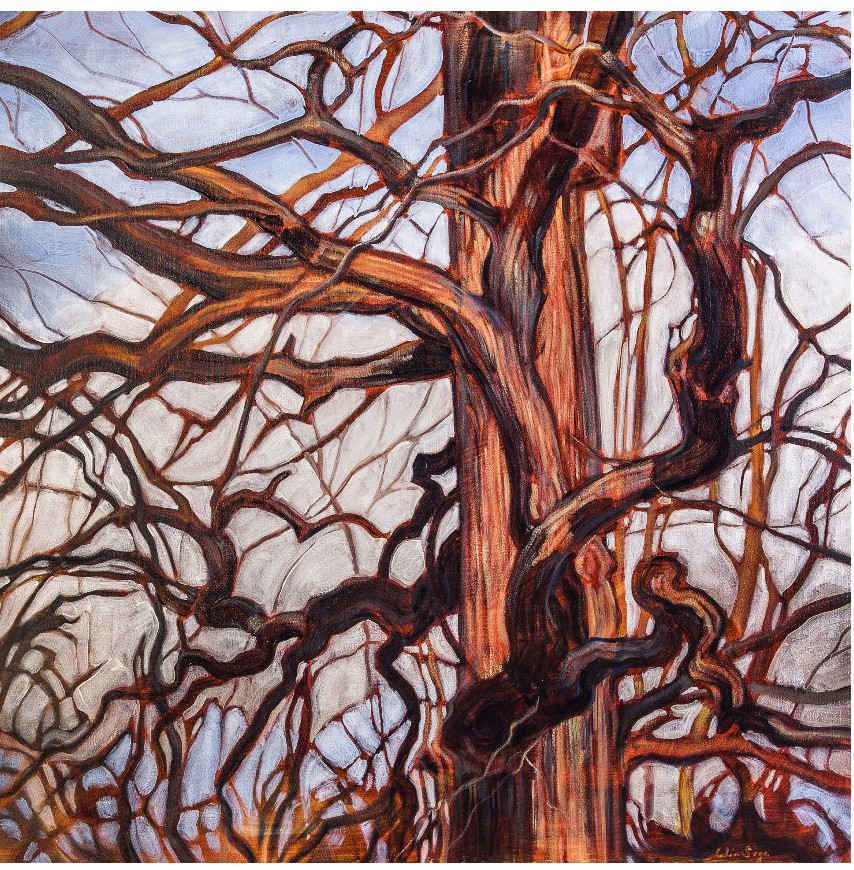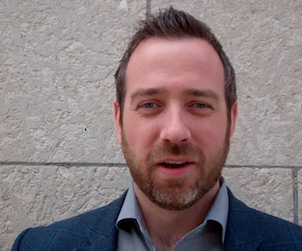Meet the California cult wines that are turning heads!
 Paso Robles has been called the middle child of California wine country. It may once have been in the shadow of Napa and Sonoma but today is the fastest growing AVA and has hit its stride. It’s midway between San Francisco and LA in San Luis Obispo County along the Central Coast. The region has historically been known for its heritage Zinfandel (and later Petite Sirah), and also grows a number of Italian varieties. But what’s most exciting are the Rhone-style wines coming out of this unique region. What sets it apart? Paso has an incredible soil diversity with a high proportion of limestone, similar to that of the Rhone Valley. The region also sees huge diurnal range, influenced by Monterey Bay and by the cool wind and fog that pour through the gap in the Santa Lucia Mountains from the Pacific. The wines from Paso, while diverse, tend to share a common style trait – they’re opulent and ripe but with a surprising streak of fresh acidity.
Paso Robles has been called the middle child of California wine country. It may once have been in the shadow of Napa and Sonoma but today is the fastest growing AVA and has hit its stride. It’s midway between San Francisco and LA in San Luis Obispo County along the Central Coast. The region has historically been known for its heritage Zinfandel (and later Petite Sirah), and also grows a number of Italian varieties. But what’s most exciting are the Rhone-style wines coming out of this unique region. What sets it apart? Paso has an incredible soil diversity with a high proportion of limestone, similar to that of the Rhone Valley. The region also sees huge diurnal range, influenced by Monterey Bay and by the cool wind and fog that pour through the gap in the Santa Lucia Mountains from the Pacific. The wines from Paso, while diverse, tend to share a common style trait – they’re opulent and ripe but with a surprising streak of fresh acidity.
Eric Jensen was a huge fan of Paso wines before starting Booker. His story is not an unfamiliar one in California – he made his money in the city before opting for a simpler life in wine country. He sold real estate investment trusts and then later worked as a concert promoter, where he made it big. Eric and his wife Lisa were living in a gated community in Newport Beach when they decided they didn’t want that life anymore. They bought 100 acres of prime vineyards in Paso Robles that formerly belonged to Dick and Claude Booker, two orphan brothers who were respected grape growers and the region’s biggest philanthropists. The property was all hillside vineyards planted mostly to Rhone varieties (over half Syrah) on pure calcareous shale. Initially the plan was to grow the best fruit for the best wineries, but after a handful of years working with Justin Smith (Saxum) and Stephan Asseo (L’Aventure Wines) Jensen needed to create his own expression. The first vintage of Booker was 2005 and he’s been honing his skills since. Jensen moved to organic farming and then to biodynamic farming, which caused the vines to be healthier and the wines to be more expressive and balanced — they have comparatively low alcohol for Paso. He relies on concentrated fruit from low-yielding vines to create wines with depth and texture. Jensen has a gentle approach in the cellar — he rarely uses pumps (just for the initial pump over, then switches to punch downs), doesn’t fine or filter, and uses a limited amount of sulfur. Eric doesn’t like to fuss much about the technical details, though. He wants to make delicious wine ‘that you don’t need to lay down for a million years after you buy it.’ These are unapologetically bold and flavour-packed wines to be enjoyed.

Booker 2017 My Favorite Neighbor
$146.99 / bottle (6 btls/cs)
This is Jensen’s Cabernet blend. It began as a tribute to Stephan Asseo and the few people who helped him to create the Cab of his dreams. It has since turned into a much bigger collaborative project rooted in community.
Rating: 94-97 Jeb Dunnuck

Booker 2017 Fracture
$179.99 / bottle (6 btls/cs)
This 100% Syrah is the star of the portfolio. Over half of Booker’s property is planted to Syrah and every vintage the very best barrels are reserved for Fracture. The name refers to the high content of limestone in the soil, which causes it to fracture rather than crumble.
Rating: 95 to 97 Jeb Dunnuck

Booker 2017 Vertigo
$146.99 / bottle (6 btls/cs)
A traditional GSM. A portion of the wine is whole-cluster fermented to add tannin, freshness, and spice. Vertigo is named after one of the steepest vineyards at Booker.
Rating: 97 Jeb Dunnuck

Booker 2017 Oublié
$146.99 / bottle (6 btls/cs)
Oublié is one of Booker’s lightest blends and is meant to mimic Chateauneuf-du-Pape. The name references the ‘forgotten’ Counoise grape that was used in the original blend and is rarely found in California wines.
Rating: 95-97 Jeb Dunnuck







